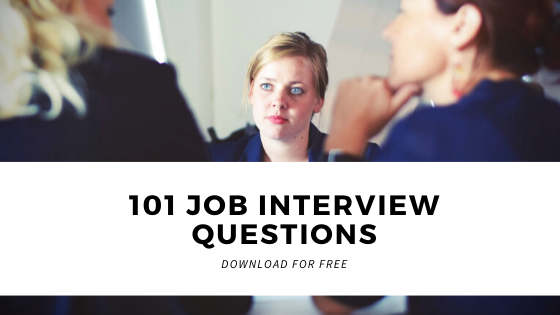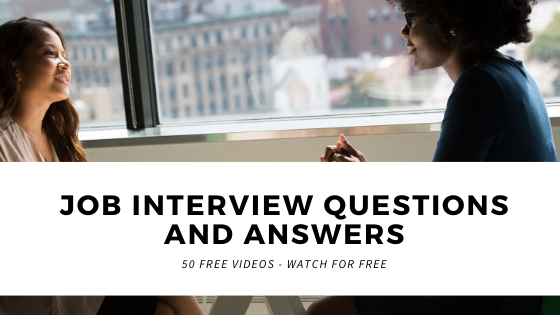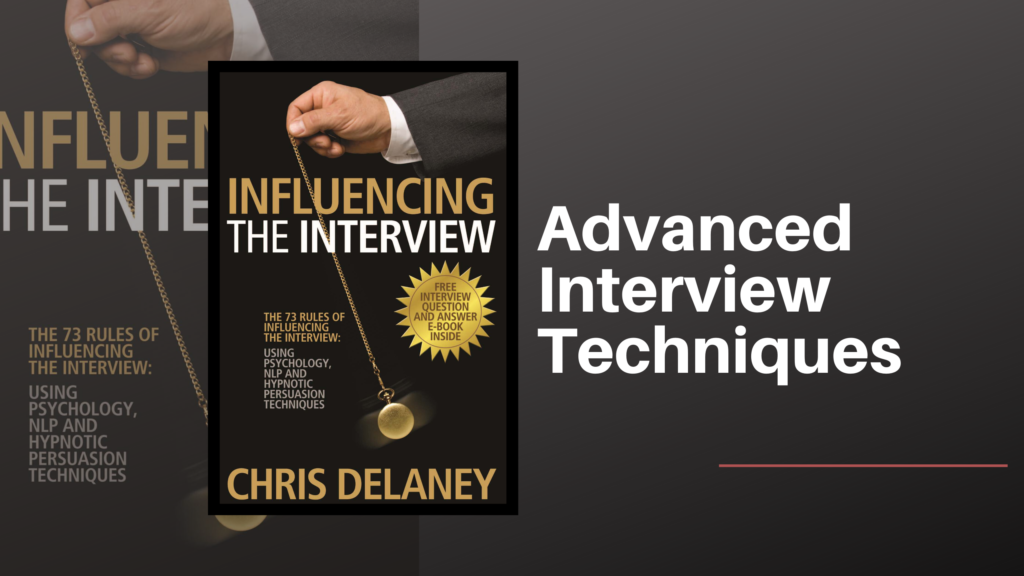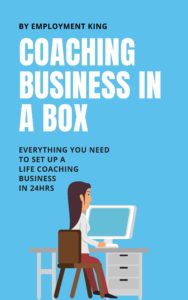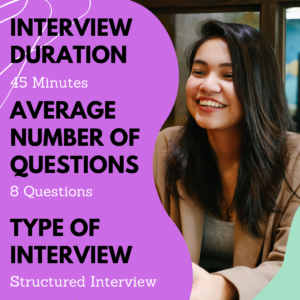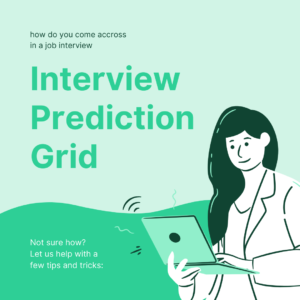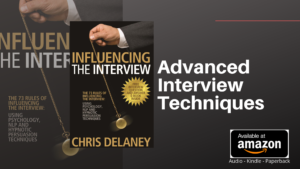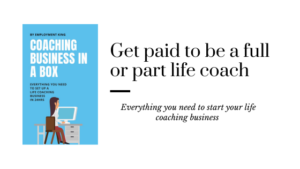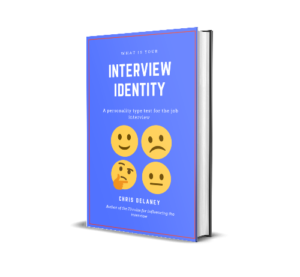There’s a love-hate relationship with job interviews. We love that we have the chance to prove ourselves to a new employer, and hopefully get a new position with a big new salary…but we hate the job interview process; its scary, horrific, terrifying!!!
This series of job interview articles will teach you how to pass your next job interview by explaining how to answer each tricky job interview question

How to Answer “why do you want to work for this organisation?”
Another commonly asked interview question, and the answer is, because we want a salary increase, of course! Well, joking aside, an increase in salary is the number one reason for applying for a new position, but this truthful interview answer isn’t going to win you job offers
The truth is, there are a variety of reasons why people apply for new job positions; a current short term contract is coming to the end, promotional opportunity, the company vision and mission are in-line with your personal values, location – this is becoming more important for many people, flexi-working or being able to work from home, company reputation – which is why organisations such as Google and Apple get a higher percentage of applicants than lesser know employers.

How to Answer the Interview Question
Some employers want there ego rubbing (we all like it when people say nice things about us, don’t we?) But really, this question, in the main, is asked by managing directors because they don’t just want to hire anyone! They are interested in your experience and qualifications, but more importantly, they want to recruit an employee who will fit in with the current team and with the company culture.
First, they want to know why you are leaving your current employer. Are leaving your current employer because of an issue with authority – you can’t follow orders? Or due to you knowing if you don’t leave on your own accord you will soon be booted out?
Employers want to know if you are constantly chasing the next job which means you are likely to leave this new position in a couple of months (costing me overhead cost as I will have to re-recruit)?
In short, employers ask the ‘why do you want to work for this organisation?” because you may leave this position for the same reasons why you are currently looking for a new job role. Your goal, here, is to reassure the employer…and here’s how to do it

To answer this question; why do you want to work for this company? You need to reassure the employer that you aren’t a flight’ risk and secondly that you will fit in to the company culture
Step 1 – reassurance; create a positive frame for leaving the current position “I really like working at X; during the last 5 years I have been able to lead on Y…” Now the employer is thinking, great but why do you want to leave if its so good?
Step 2 – reason; explain the why, not the what. Don’t state what you want to get out of this company, instead state your why – why you must work here? “…I seen this opportunity being advertised and I was drawn to X. For me the salary, working hours, aren’t as important as being able to X, this is something i am very passionate about…”

Step 3 – reward; you need to let the employer know what you can bring to the party. This crucial step is often missed by most job applicants; explain the reward they get for hiring you “…if you hire me I can use my expertise at X to do Y…”
These 3 steps (the 3 Rs) create a strong structure for the job interview answer, framing the reason for leaving the previous employer, as a positive, while highlighting your unique selling point – the reward they receive form employing you
Job Interview Advice
